-
It’s Mike’s World. We just live in it.
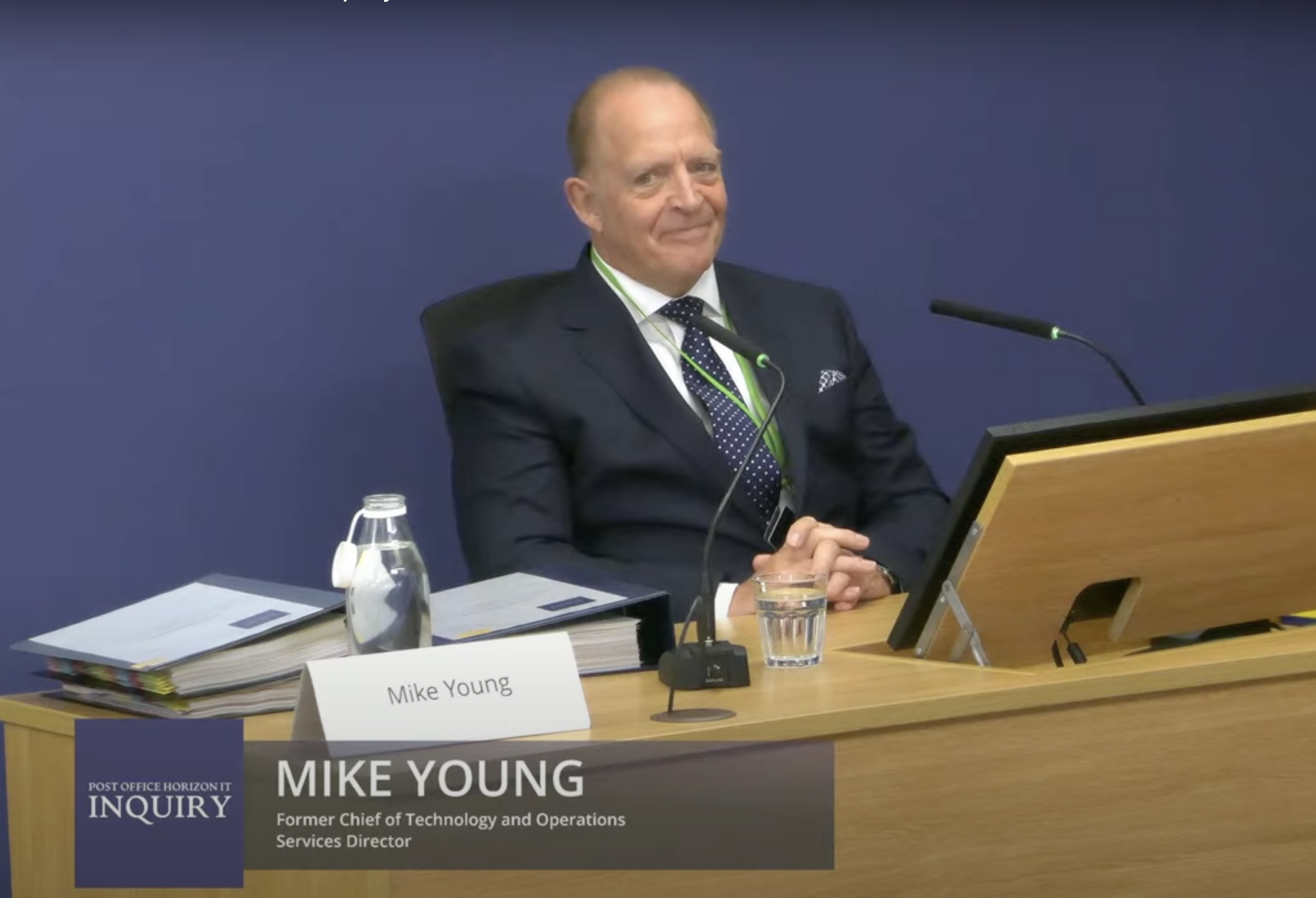 Read More…: It’s Mike’s World. We just live in it.
Read More…: It’s Mike’s World. We just live in it.It seems like we’ve got the Post Office scandal all wrong. The moment in 2012 the Post Office caved and finally agreed to get independent investigators Second Sight into the building was nothing to do with the campaign by MPs and Alan Bates’ Justice for Subpostmasters Alliance. It was, in fact, all down to the Post Office’s heroic Chief Operating Officer, “Missing” Mike Young. When the former army soldier-turned police officer joined the Post Office as Operations Director in 2008 he had responsibility for the Security Division, which spent its time conducting inept investigations whilst recommending the prosecution of innocent…
-
Post Office misleads public inquiry over compensation
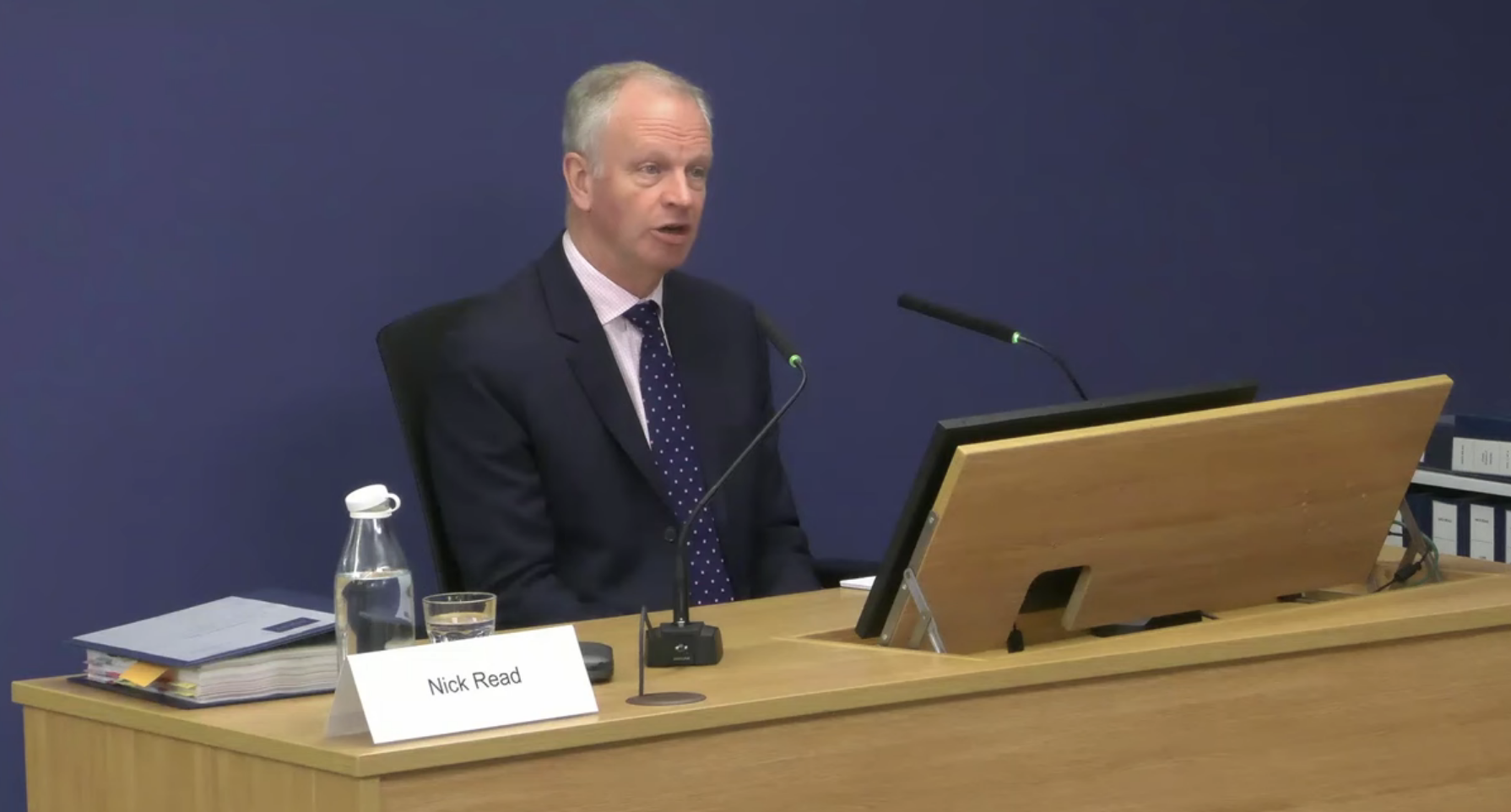 Read More…: Post Office misleads public inquiry over compensation
Read More…: Post Office misleads public inquiry over compensationThe Post Office Chief Executive has admitted withholding important information from the Post Office Horizon IT Inquiry. The revelation came right at the beginning of the second day of Post Office Chief Executive Nick Read’s testimony to the Inquiry, but related to a comment he made on the first. On Wednesday Read had told Jason Beer KC (counsel for the Inquiry) that the only reason the Post Office were involved in any of the Subpostmaster compensation schemes was because the government “were of the opinion that the chaos – I think was the word that was used – had been…
-
The Untouchables: someone’s lying
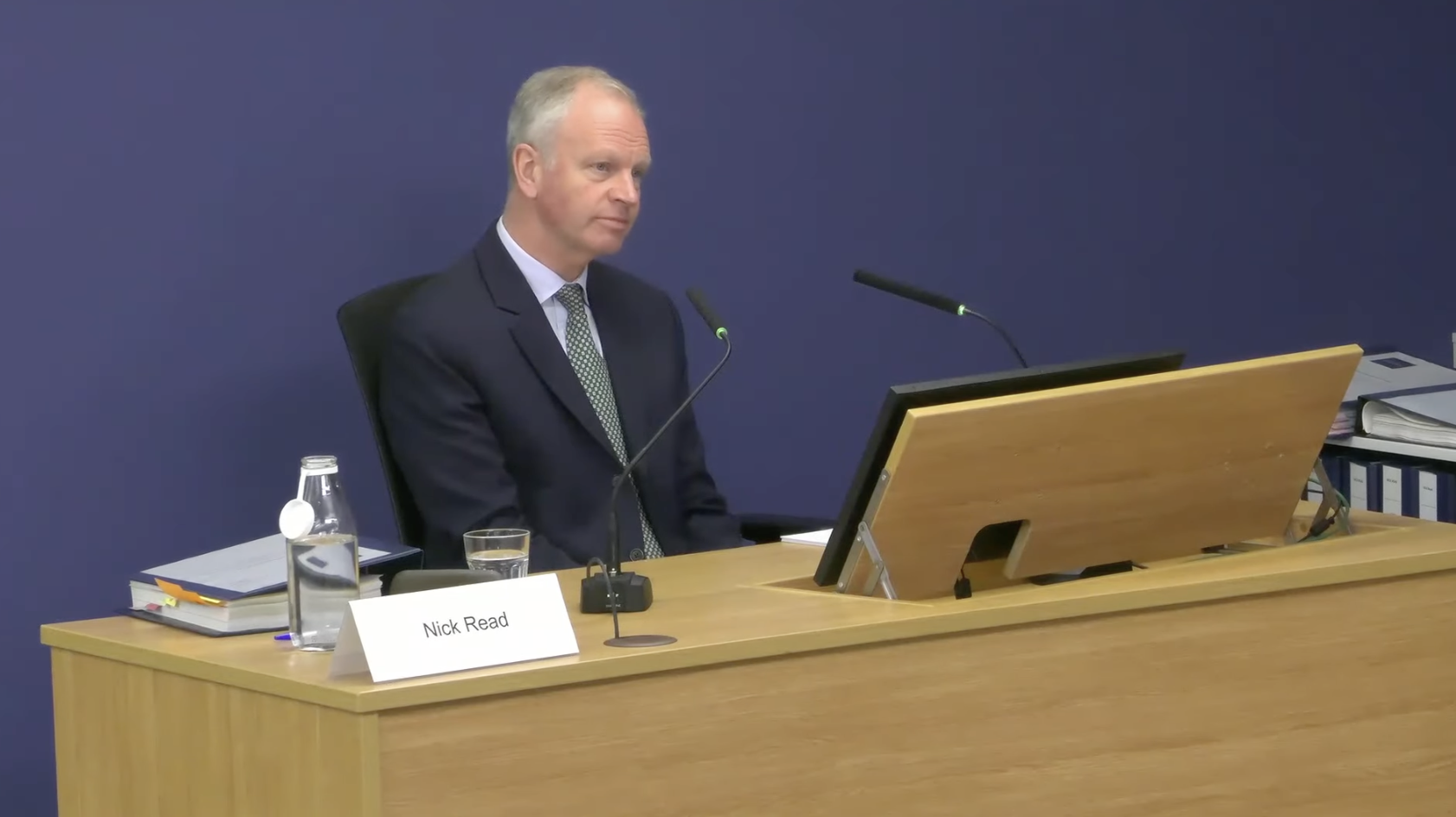 Read More…: The Untouchables: someone’s lying
Read More…: The Untouchables: someone’s lyingIt’s only a minor point, but it speaks to integrity, so I’m going to make it. Nick Read – current Post Office chief executive – has been “accused” of describing certain people within the organisation as “untouchables”. During his first day of evidence to the Post Office Horizon IT Inquiry Read denied using the term, despite senior people within the Post Office claiming they heard him use it more than once. This is the exchange between Read and Jason Beer KC, who was asking the questions on behalf of the Inquiry: JB: Have you ever referred to […] people as…
-
Police interview third suspect in Post Office scandal investigation
 Read More…: Police interview third suspect in Post Office scandal investigation
Read More…: Police interview third suspect in Post Office scandal investigationFour-and-a-half years after their investigation into the Post Office scandal began, the Metropolitan Police have finally interviewed a third suspect under caution. The two other individuals were interviewed in October 2021 and again in September 2022. They are believed to be former Fujitsu engineers Gareth Jenkins and Anne Chambers. The third individual has not been named. He has been described by police as “a man in his 60s“. This development might be related to something spotted by Karl Flinders from Computer Weekly. Whilst the Post Office’s current Company Secretary, Rachel Scarrabelotti was being questioned at the Post Office Inquiry last…
-
Post Office torpedoes its relationship with MoneyGram
 Read More…: Post Office torpedoes its relationship with MoneyGram
Read More…: Post Office torpedoes its relationship with MoneyGramThe Post Office has ceased to trade with MoneyGram, a company which Post Office customers can use to send money abroad. One Subpostmaster told me “these transactions were a pain but they were one of the very few that paid a decent remuneration.” Writing on Monday, Ed Dutton, the Post Office’s Product Portfolio Director told Postmasters: “Our contract with MoneyGram will expire at midnight tonight. MoneyGram services went offline globally following the serious cyber-attack that hit them on 20th September 2024. Services are still down across Post Office branches because we need to ensure that we understand the protective measures…
-
Board member spells out Post Office executive dysfunction
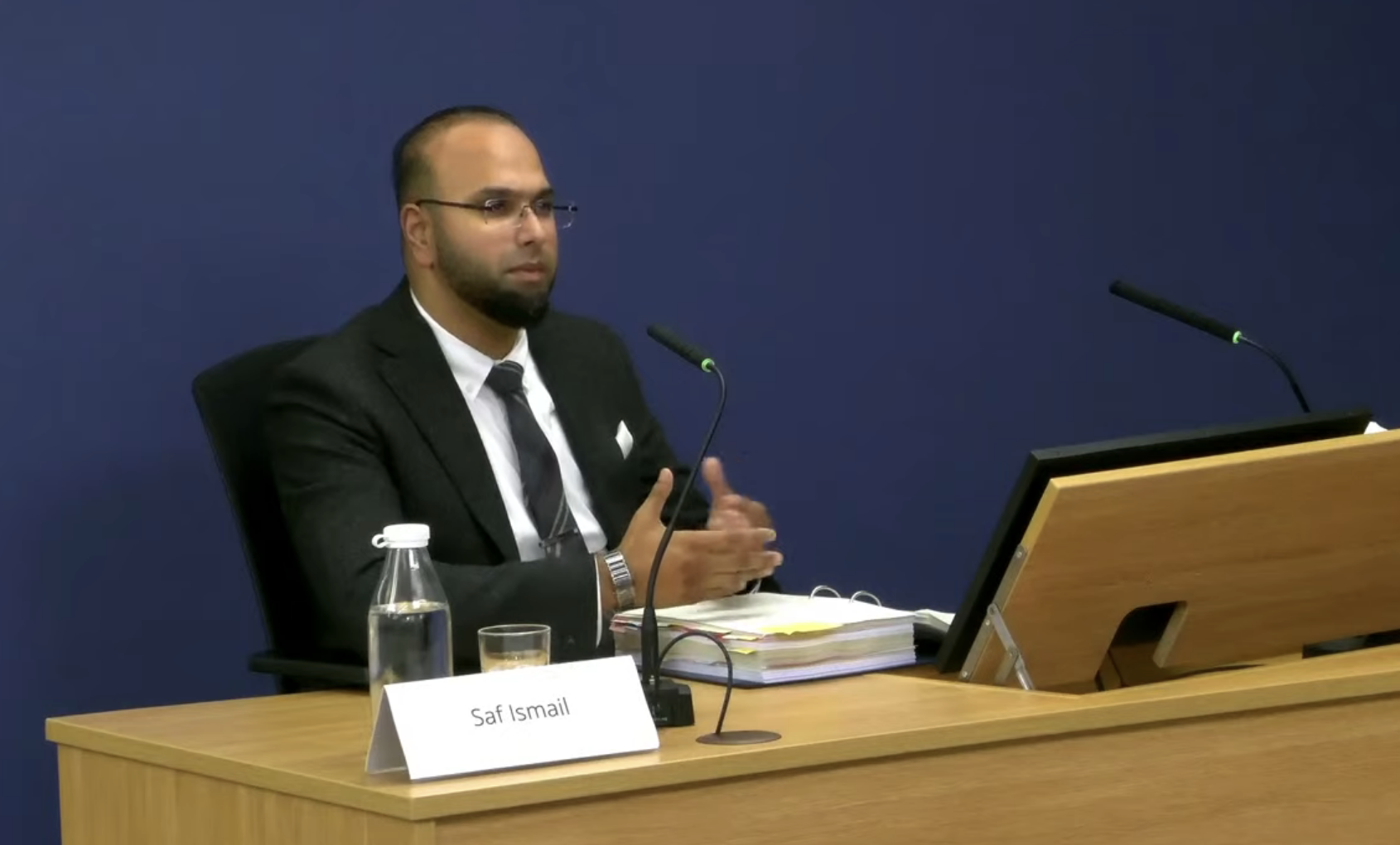 Read More…: Board member spells out Post Office executive dysfunction
Read More…: Board member spells out Post Office executive dysfunctionThe utter dysfunction of the Post Office as an organisation has been laid bare by one of its serving directors. Saf Ismail was one of two Subpostmasters (the other being Elliot Jacobs) appointed to the Post Office board in 2021. Ismail appears to be a decent man, wholly unprepared for the mediocre, venal nature of the people he found himself dealing with once he joined the Post Office board. At the moment both he and his business (which runs seven branches and a banking hub) is currently under investigation by the Post Office for undisclosed reasons. He has therefore stepped…
-
Majority of Subpostmasters still getting unexplained Horizon discrepancies
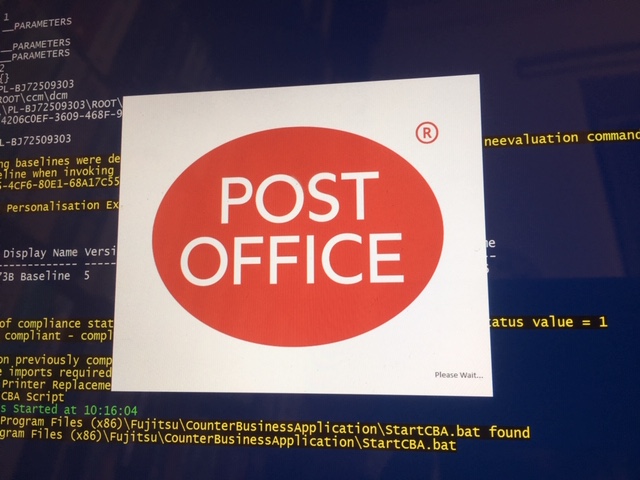 Read More…: Majority of Subpostmasters still getting unexplained Horizon discrepancies
Read More…: Majority of Subpostmasters still getting unexplained Horizon discrepanciesA majority of serving Subpostmasters have told the public inquiry into the Post Office scandal that they are still getting unexplained discrepancies generated by the Post Office’s Horizon IT system. Over the last twelve months, 57% of Subpostmasters told a wide-ranging independent survey that they have recorded unexplained discrepancies in their accounts. A whopping 92% have also experienced glitches, including screen freezes (70%) or loss of connection (68%). Two thirds of respondents say these problems occur on a monthly basis, or more frequently. Many of the unexplained discrepancies relate to unexplained, missing or double-entry transactions. Evidence from the Horizon IT…
-
Post Office CEO Nick Read announces his departure
 Read More…: Post Office CEO Nick Read announces his departure
Read More…: Post Office CEO Nick Read announces his departureNick Read, the Post Office Chief Executive, is standing down at the end of March next year. In an email to Subpostmasters (first picked by the ever-vigilant Sky News City Editor, Mark Kleinman) Read wrote: “it has been a privilege to work with you during what has been a challenging and difficult time for the business”. The Postmaster who forwarded me Read’s email did so with two words: “As expected.” Read is not currently doing his day job, having stood aside as CEO in July order to work on his evidence to the Post Office Horizon IT Inquiry and “demonstrate…
-
Horizon Compensation board Chair calls for Standing Compensation Authority
 Read More…: Horizon Compensation board Chair calls for Standing Compensation Authority
Read More…: Horizon Compensation board Chair calls for Standing Compensation AuthorityThe Chair of the Horizon Compensation Advisory Board, Professor Chris Hodges, has called for the formation of a new compensation authority, with the statutory power to assess, decide and deliver compensation for victims of scandals. In a paper recently published on the HCAB section of the government’s website, Professor Hodges believes there is a need for an independent body with statutory powers to provide “quicker and less stressful access to redress” than the current “adversarial” system, which he calls “slow, expensive, and inherently divisive.” Professor Hodges advocates a government-controlled process, which investigates problems, identifies and mandates the change needed and…
-
Were some Subpostmaster discrepancies down to internal fraud?
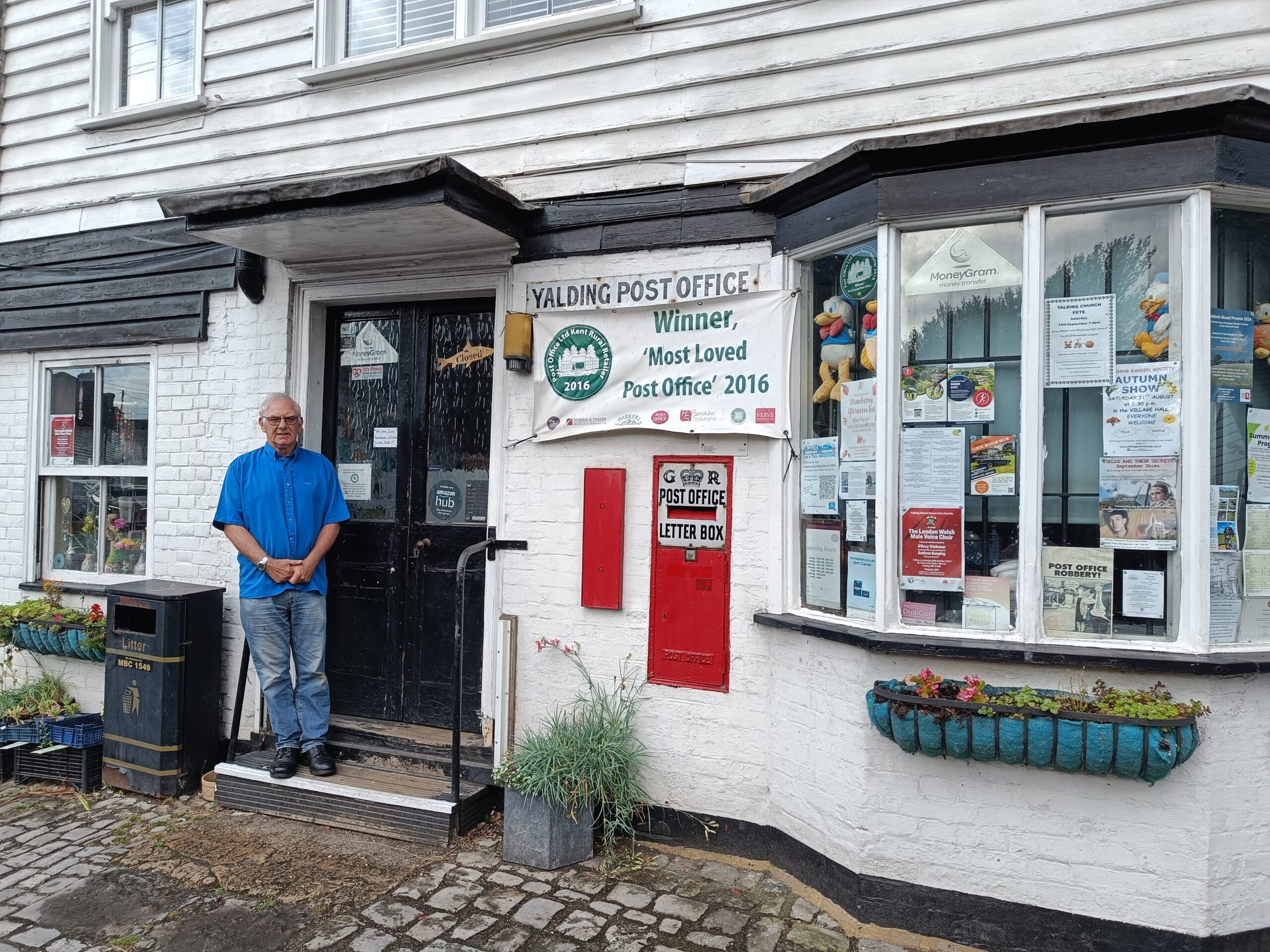 Read More…: Were some Subpostmaster discrepancies down to internal fraud?
Read More…: Were some Subpostmaster discrepancies down to internal fraud?Since the rollout of the Horizon IT system in 1999/2000, the Post Office has been unable to tell the difference between computer error and fraud. Whilst relentlessly pursuing innocent people, it potentially failed to spot the multiple ways public money could be leaking out of its network. In a podcast I hosted last year (Ep 34: Where Did All The Money Go?), Second Sight’s Ron Warmington and former Subpostmaster Mark Baker counted up at least 14 ways the Post Office, Subpostmasters and Fujitsu could lose cash. One area raised by Ron and Mark was internal fraud, either at Fujitsu, which…
Archives
- ▼2025
Most Popular
Tags
Alan Bates alice perkins Alwen Lyons Andrew Winn Andy Dunks Andy Parsons Bates v Post Office Bonusgate CCRC Chris Aujard Clarke Advice False Accounts Fujitsu Gareth Jenkins Grabiner HCAB Horizon Hugh Flemington Inquiry Interim Report Janet Skinner Jarnail Singh Kevin Hollinrake Lee Castleton Lord Arbuthnot Nicki Arch Nick Read Noel Thomas Paula Vennells Paul Marshall Post Office Rebecca Thomson Receipts and Payments mismatch bug Richard Moorhead Rob Wilson Rod Ismay Rodric Williams Second Sight Seema Misra ShEx Simon Clarke Susan Crichton Swift Review Tracy Felstead UKGI
Categories
- Appeals (18)
- Blog (17)
- Book (11)
- Civil litigation (47)
- Compensation (42)
- Corporate (23)
- Fujitsu (31)
- Inquiry (119)
- IT (40)
- Live Events (6)
- Podcast (7)
- Police investigation (12)
- Prosecutions (47)
